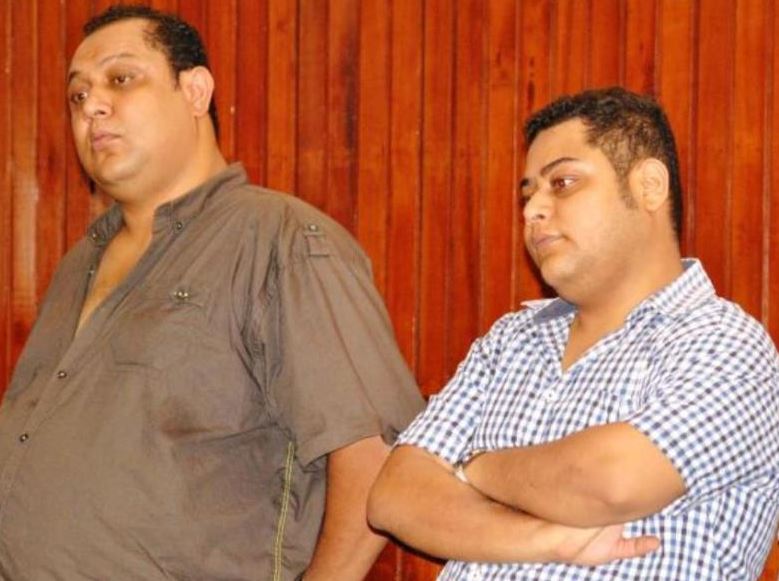×
The Standard e-Paper
Kenya’s Boldest Voice

Ibrahim Akasha had a knack for arriving late for meetings that other people in his circle thought were important.
As the second in command of the multinational Akasha drug organisation, he felt like he was in control of time. Not even his elder brother Baktash could reprimand him.